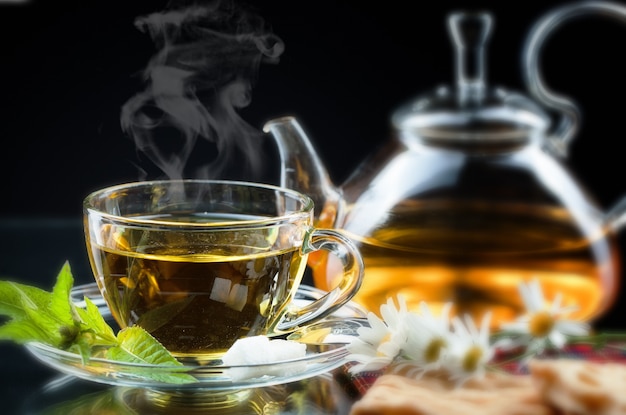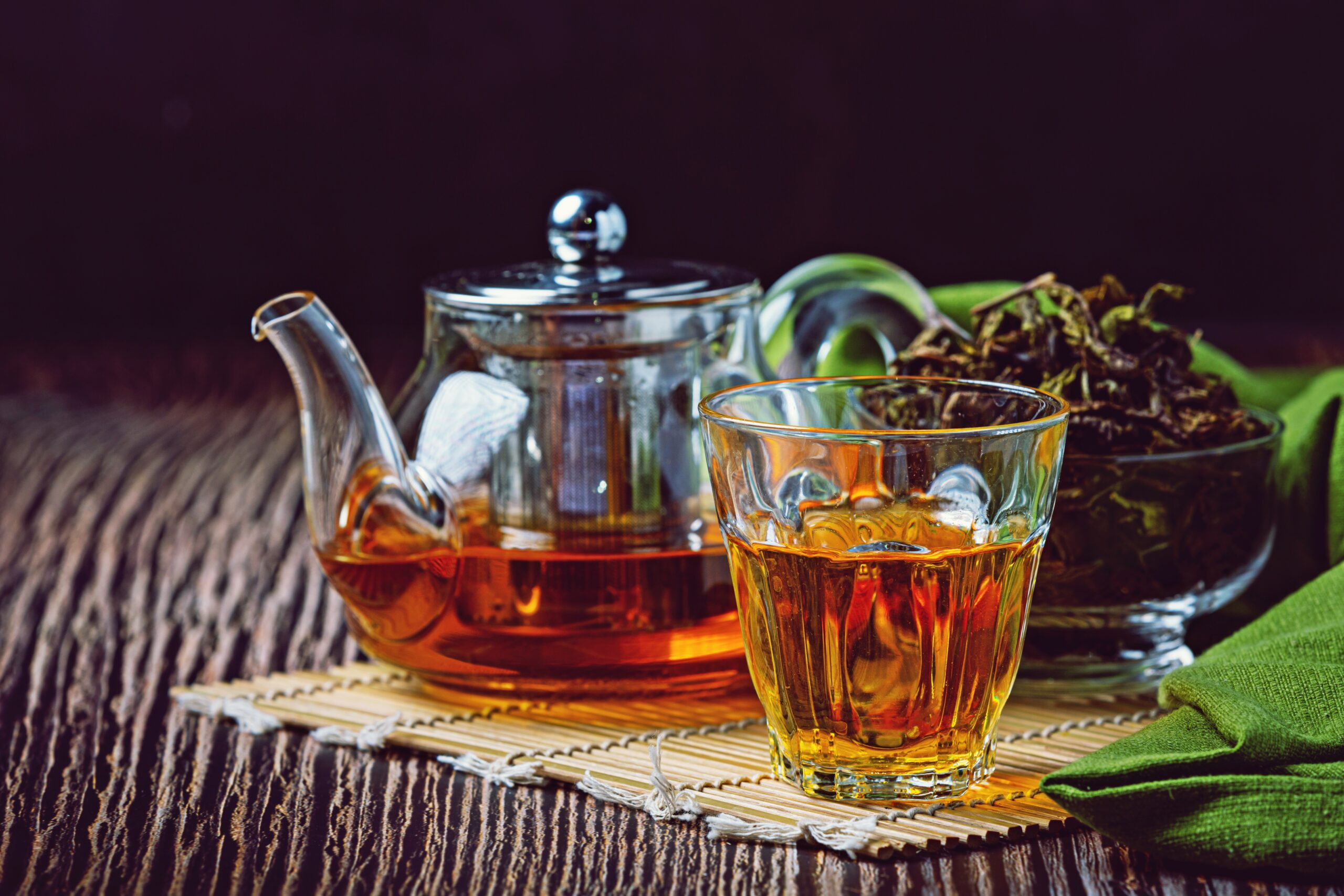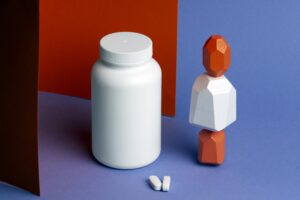Green tea is one of the most famous beverages consumed world-wide. In recent years, green tea extracts have been increasingly marketed to men as natural testosterone boosters. But what does the scientific evidence really claim? This article closely examines the research on whether green tea extracts can really help increase testosterone levels in men.
Some Background on Testosterone
Testosterone is an important male sex hormone that plays a crucial role in libido, muscle mass, bone density, mood, and other functions. Testosterone levels peak in a man’s late teens/early 20s then gradually decline with age, typically by about 1% per year after age 30. Low testosterone (medically known as hypogonadism) becomes more common as men get older and can cause symptoms like low energy, reduced muscle mass, weight gain, and erectile dysfunction.
Given the importance of keeping testosterone levels optimized, especially as men age, there has been substantial interest in supplements that may help support healthy testosterone. Green tea extracts are one popular option marketed to men for this purpose. But what does the science say?
Examining the Research on Green Tea and Testosterone
There have been several clinical trials specifically examining whether green tea containing epigallocatechin gallate (EGCG) can influence testosterone levels in men.
One 2020 double-blind, placebo-controlled study published in the World Journal of Men’s Health enrolled 63 obese men with low testosterone. The men were randomly assigned to take either a placebo or 400mg EGCG from green tea extracts twice a day for 8 weeks. The study found testosterone levels increased significantly more in the green tea extract group compared to placebo. Total testosterone rose from 10.9 nmol/L at baseline to 14.1 nmol/L at 8 weeks in the green tea group. This represented a 29.4% increase in total testosterone over 8 weeks. The authors concluded green tea containing EGCG may help support healthy testosterone levels.
Another study published in Nutrition Research in 2016 examined the effects of taking 500mg green tea catechins (from green tea extracts) daily for 3 months in 50 men with low testosterone levels. The results showed statistically significant increases in total and free testosterone levels compared to baseline in the green tea group, whereas no changes occurred in the placebo group.
However, not all studies have found clear effects. A small pilot study in 2020 treated 13 men with metabolic syndrome with 856mg green tea catechins daily for 4 weeks. No statistically significant changes in testosterone levels were observed. But this study may have been too small and short-duration to detect changes. Larger trials showed benefits.
In summary, the most robust data suggests green tea extracts may help modestly support testosterone levels, especially in men with low testosterone or conditions like obesity. However, the effects appear modest and more research is still needed.
Key Active Ingredients in Green Tea
The key active ingredients in green tea believed to influence testosterone include:

• Epigallocatechin gallate (EGCG): This catechin found abundantly in green tea may inhibit the enzyme 5-alpha reductase. This enzyme normally converts testosterone into dihydrotestosterone, leading to lower testosterone. By inhibiting 5-alpha reductase, more testosterone may remain circulating rather than being converted.
• L-theanine: This amino acid in green tea may help moderate stress responses. Since high stress drives testosterone down, l-theanine may prevent decreases in testosterone.
• Antioxidants like vitamin C and polyphenols: By preventing oxidative damage, these compounds may support healthy testosterone biosynthesis.
In summary, green tea contains several active plant compounds that may help support healthy testosterone levels through different mechanisms of action. High quality green tea extracts standardized for EGCG and l-theanine are likely to be most effective.
Other Lifestyle Factors Matter Too
While green tea extract supplementation may offer modest benefits, other lifestyle factors likely play a far more substantial role when it comes to optimizing testosterone:
• Strength Training: Lifting weights triggers robust testosterone increases, while also building muscle and burning fat. This is likely the single most effective lifestyle strategy for boosting testosterone.
• High-Intensity Interval Training: All-out anaerobic sprints can spike testosterone and growth hormone sharply. Just a few minutes a few times a week can make a difference.
• Getting Enough Zinc and Vitamin D: Deficiencies in these key micronutrients can suppress testosterone. Most men can benefit from 25-50 mg/day of zinc picolinate and 2000-5000 IU/day of Vitamin D3.
• Balancing Stress: Finding healthy ways to manage stress long-term protects testosterone levels. Yoga, meditation, saunas, massage, and nature time all help.
• Good Sleep: Getting 7-9 hours of quality sleep allows maximal testosterone production nightly. Make sleep a priority.
If you are seeking to boost your testosterone level naturally, you can try a natural testosterone booster, such as TestoPrime or TestoGen.
The Bottom Line
There is some preliminary evidence green tea extracts may offer moderate testosterone-boosting benefits in men, especially those with low testosterone or obesity. However, lifestyle factors likely play a far larger role when it comes to optimizing male hormonal health. Make strength training, HIIT, key supplements like zinc/vitamin D, stress management, and quality sleep your first priorities for boosting low testosterone. View green tea extracts as more of an auxiliary than primary approach.
The most important lifestyle factors (exercise, diet, stress management, sleep) should be addressed first before relying on any singular supplement to move the needle. But green tea extract may provide additional support when combined with a holistic, evidence-based approach to supporting men’s hormonal health.


